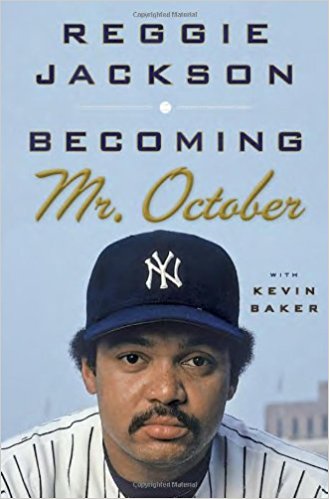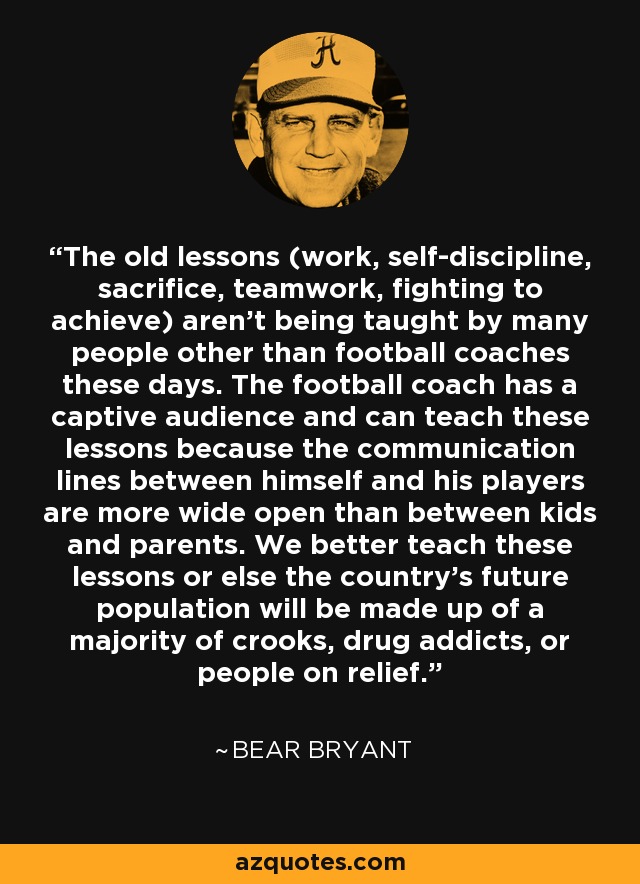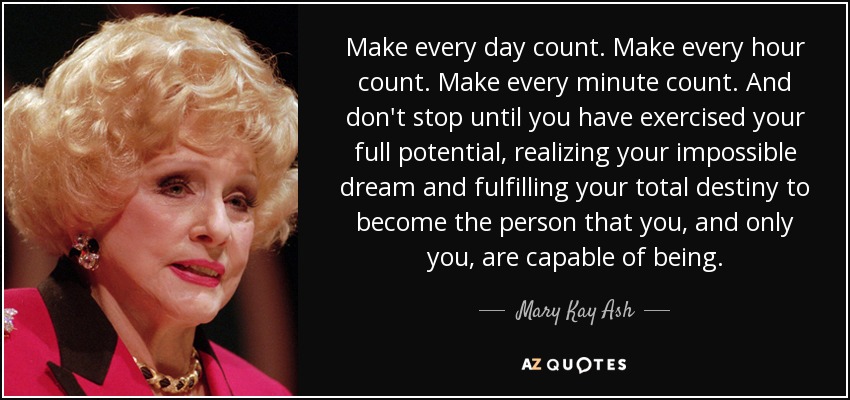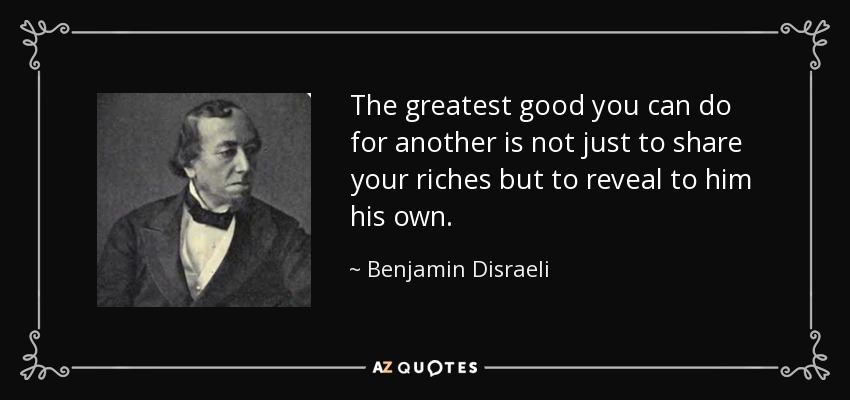Click here to return to Blog Post Intro
How can you help other people to feel like they are somebody? Maxwell points out that if we see people as a ten (on a scale of 1-10), we will have successful teams and organizations. Maxwell notes that he believes you get out of people exactly what you expect from them. If you treat people like tens, they respond like tens. That’s consistent with Ralph Waldo Emerson’s quote, “Trust men and they will be true to you; treat them greatly and they will show themselves great.” On the other hand, if you treat someone like a two, he responds like a two. People want recognition and affirmation.
Let’s look at some examples Maxwell uses in his book:
From Reggie Jackson

Jackson played Major League Baseball for 21 years, reaching the post-season in 11 of them, winning 5 World Series. He was nicknamed “Mr. October” for his clutch hitting in the postseason, which included three consecutive home runs in the clinching game of the 1977 World Series. Here’s what he said when asked what it takes to be a great manager:
“I’ll tell you what makes a great manager: a great manager has a knack for making ballplayers think they are better than they are. He forces you to have a good opinion of yourself. He lets you know he believes in you. He makes you get more out of yourself. And once you learn how good you really are, you never settle for playing anything less than your very best.”
From George Crane
Crane was a Psychology professor in the 1920’s, who came up with the idea of the Compliment Club. Students were expected to pay compliments to 3 different people for 30 days, then write about their experiences. Crane said, “The world is starving for appreciation. It is hungry for compliments. But somebody must start the ball rolling by speaking first and saying a nice thing to his companion.”
Maxwell calls this the “Elevator Principle”, saying that we can lift people up or take people down in our relationships. Crane was teaching his students to be proactive and take people up.
From Bear Bryant
In 38 seasons as a head college football coach, Bryant had 37 winning seasons and participated in a total of 29 postseason bowl games, including 24 consecutively at Alabama. Bryant still holds the records as the youngest college football head coach to win 300 games and compile 30 winning seasons.
Here was his philosophy:
“There’s just three things I’d ever say: If anything goes bad, I did it. If anything goes semi–good, then we did it. If anything goes real good, then you did it. That’s all it takes to get people to win football games for you.”
From Mary Kay Ash
Mary Kay Ash started Mary Kay Cosmetics in 1963. She considered the Golden Rule the founding principle of her company, which allowed women to start from the bottom and work as high up as they would like. She advocated “praising people to success” and her slogan “God first, family second, career third” expressed her insistence that the women in her company keep their lives in good balance. At the time of Ash’s death in 2001, Mary Kay Cosmetics had over 800,000 representatives in 37 countries, with total annual sales over $200 million. Today, with more than 3 million Independent Beauty Consultants, Mary Kay offers more than 200 premium products in more than 35 countries around the world! Mary Kay is considered a leading female entrepreneur in American history.
What’s her advice to leaders?
“No matter how busy you are, you must take time to make the other person important.”
Contrasting 19th Century British Prime Ministers
William Gladstone served as Britain’s Prime Minister four different times, and Benjamin Disraeli served in that role twice. Although both men accomplished much for Britain, what really separated them as leaders was their approach to people. The difference can be best illustrated by a story told by a young woman who dined with the two rival statesmen on consecutive nights. When asked her impression of them, she said, “When I left the dining room after sitting next to Mr. Gladstone, I thought he was the cleverest man in England. But after sitting next to Mr. Disraeli, I thought I was the cleverest woman in England.”
There’s a lesson here about leadership. Out of This World Leaders make others feel better about themselves!
So, encouragement changes everything! By encouraging others and creating an atmosphere of encouragement for the people around us, we have the power to improve the lives of others.
May you be an encourager to others this week, as you shoot for the stars!





